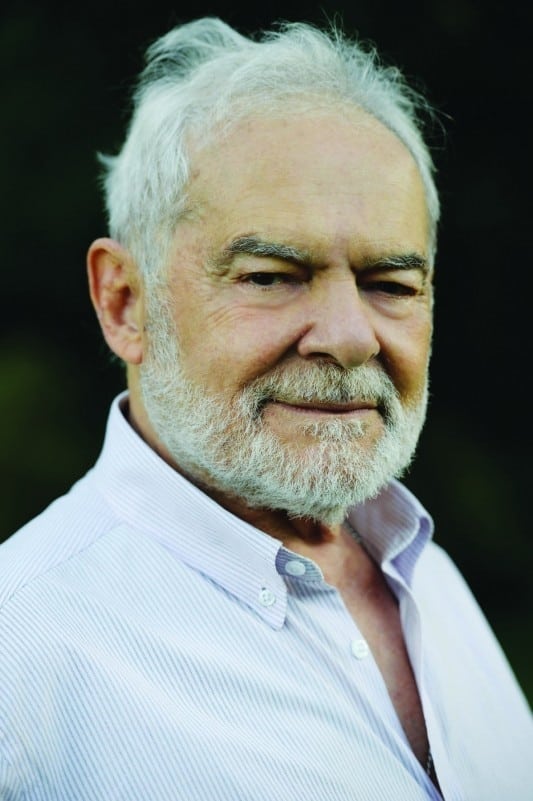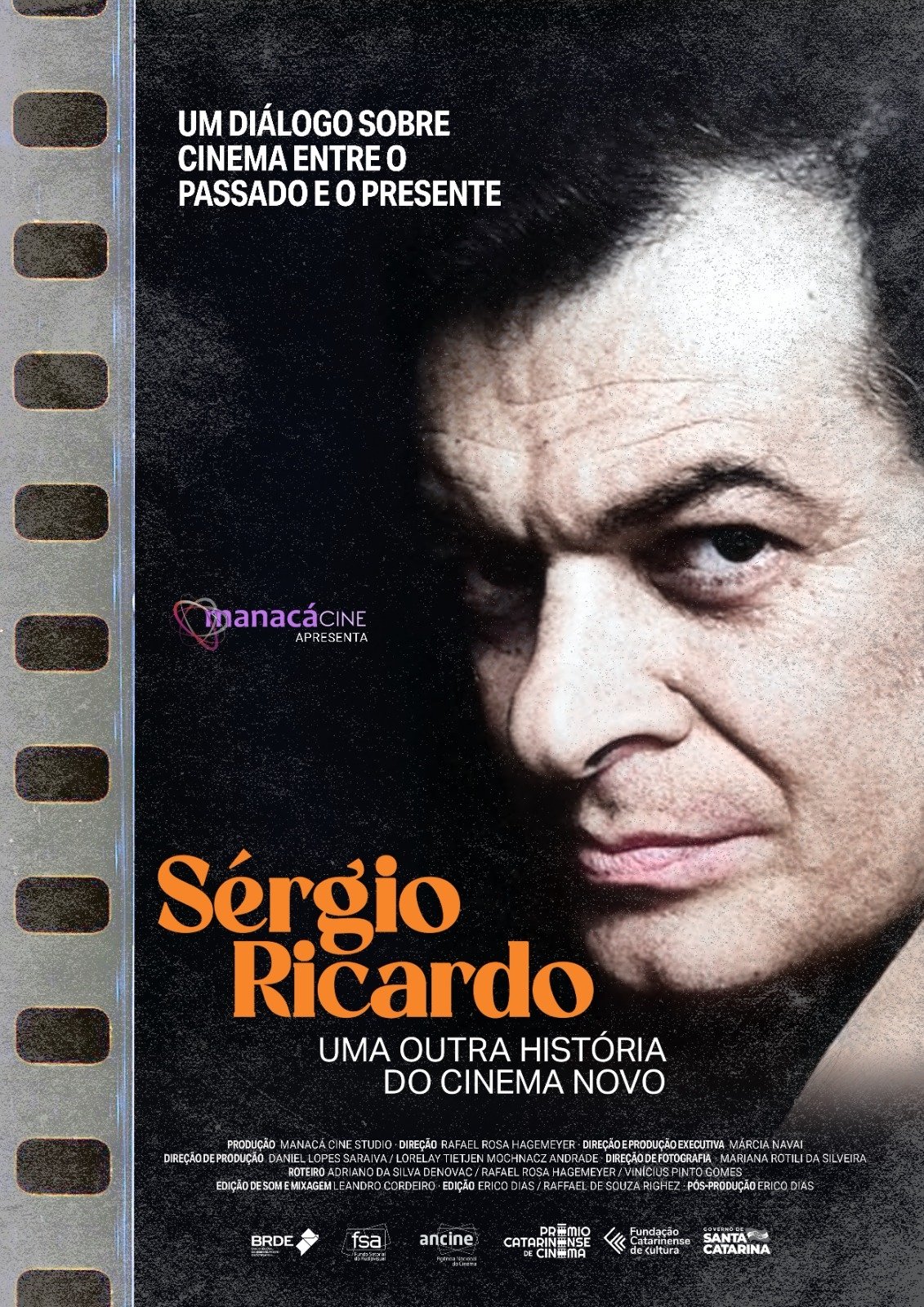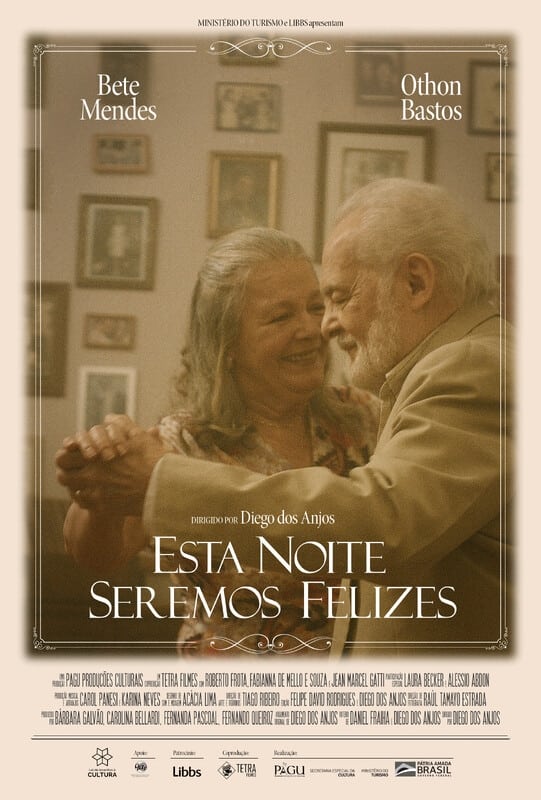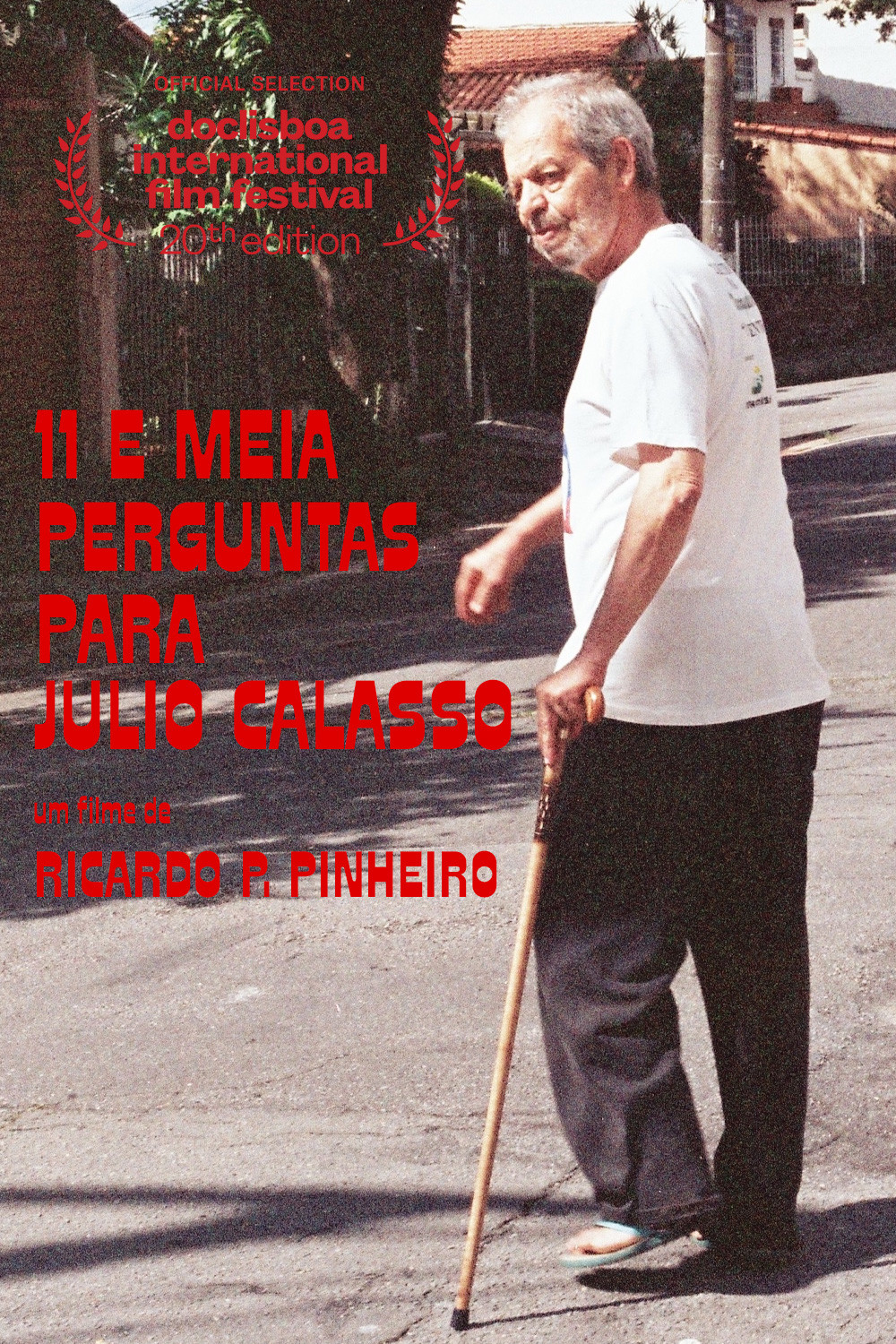

Othon José de Almeida Bastos (Tucano, May 23, 1933) is a Brazilian actor. He is known for Black God, White Devil (1964), São Bernardo (1972) and O Paciente: O Caso Tancredo Neves (2018).


Two 80-year-olds, Miss. Daisy and Mr. Carlos, meet every week...

A final conversation with departed actor, director and musical producer...

In six decades, Teatro Oficina has done more than revolutionize...